What's the purpose of living?
How come no one answers the fundamental question? I was desperate and gave it a try.
Portions of this post were written in 2023. It has been reworked to include in a book on Bondo.
Yesterday, I received my third letter from Hospice Atlanta.
I opened the mailbox and felt a trickle of dread — creepy-movie dread. These well-meaning hospice folks kept poking at the emotional crisis growing inside — sort of like Rosemary’s Baby, the 1968 Polanski film where the cultish neighbors grow a Satanic baby.
I ripped open the letter. An ominous headline warned: “Don’t be surprised if…
at this early stage of working through your grief (3-6 months), you may find that:
I stopped there. Six months — is EARLY STAGE?? Holy shit!
I called in my alter ego to make light of the whole thing. Take it away, Henny Youngman:
Wow, a bereavement drip campaign! Imagine that. My dead wife is part of a brand strategy.
I dug into the letter to see how my speed-grieving stacked up against the experts:
…you may find that you feel worse, with heavier emotions, and miss your loved one even more than you did two months ago ... You're coming out of your shock, and it hurts.
I’m not gonna hide it. Even the tiniest trigger and I bawl like a baby. But here’s the thing. With Speed-Grieving™, it’s like she never left me. My psychologist friends consider speed-grieving to be blasphemy but stay with me.
You feel that memories of your loved one are hard to connect with.
Okay, that’s stupid. Memories are synapses — like an old-fashioned switchboard. The operator answers, “Number, please,” and then she connects the line. That’s a synapse — a wire and a plug. It’s not your loved one!
I picked up the phone. My brother. He says, “Today would be Mom’s 100th birthday.”
This isn’t good. She passed seven years ago, and my memory of her is slipping away. Nostalgia is a tricky devil. You don’t see children doing it.
Quick shout-out to my mom — to keep her memory alive. Happy birthday, Mom!
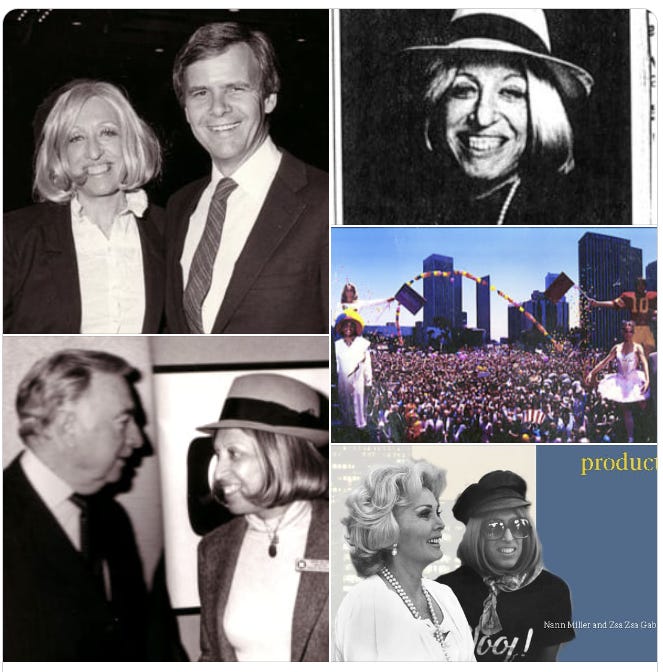
Back to the letter:
You feel a restless "searching" for your loved one, including feeling their presence or even thinking you catch a fleeting glimpse of them from across a room or down the street.
The Jews have this word, Shekhinah, which means presence — divine presence. So yeah, I feel her presence, but I don’t tell anyone.
Your appetite and your sleep patterns become disrupted.
You got that right. Every night, it used to be, “Henny, come to bed!!!” Now, I break all the sleep rules. Fuck sleep hygiene!
You experience "time distortion," and you lose track of hours or even days.
Do you remember when the Manhattan DA indicted The Former Guy for criminal acts that took place seven years ago related to a sex romp with a porn star 17 years ago? So, I’m not the only one suffering time distortion.
Your outward appearance bears no resemblance to how chaotic you feel on the inside.
This takes me to Mike White — the writer/director for HBO’s White Lotus. I’m a big fan. When White was eleven years old, he learned his dad was secretly gay. I have no problem with that. But his dad, Reverend Dr. James "Mel" White, was the famous speechwriter who wrote all the gays-are-going-to-hell sermons for Billy Graham, Jerry Falwell, and Pat Robertson.
Yep. Inside and outside are two different worlds.
Where am I going with this? ONE DAY after getting my Rosemary’s Baby letter, I got a second letter:
“A year has passed since the death of your loved one.”
“Kapow! Time distortion is real! Speed-Grieving™ is real! And just like that, I’ve got a date for tomorrow. I bumped into her in front of the pub, and she was riding her bike. I joked to the server, ‘Get this lady a beer; she’s my date.;”
“And she retorted, ‘I’m gay.’
Being a sport, I shared my New Year’s resolution with her: “Thou shalt accept every invite.”
The next morning, she texts me:
‘Seeking company to attend this play… as research for my writing. Interested?’
“That was fast, so I read the blurb:
Three Black queer men sit in an ethereal waiting room. One is about to be chosen to live the unforgiving story of a man diagnosed with HIV.
It was a good play. I learned that One in Two black gay men will be diagnosed with HIV.
The next day, I’m making dinner for one of the Grief Advisory Girls; I’m talking about my lesbian date, and out of the blue, she says, “That 12-month thing was a joke.”
Shit a brick. But now it’s too late (these girls are sly), because something in me is changing — like a caterpillar into a moth.
Back to the letter. Woah, this got my attention:
Don’t be surprised if you feel unclear about who you are, your purpose, and what your life will look like in the future.
Okay, enough, Henny Youngman. Joking aside, the letter was right. When Karen died, I lost the plot. And now, I’m unclear about my purpose. Or, more succinctly:
What is the purpose of living?
This question can be suicidal (woe is me), rhetorical (let’s have some fun, otherwise, what’s the point of living?), or literal (humans are born into this world, but for what purpose?)
After 38 years of supporting children, students, clients, employees, and Karen, my purpose seemed whittled down to one: to dispense half a cup in the morning and another half cup in the evening for the dog.
The question of purpose loomed large during Karen’s final year. When she announced her retirement (set for the month she died). I kept asking, “Karen, what’s your plan?” She couldn’t answer. And now, the table has turned: Bruce, what‘s your purpose?
A big shelf of esoteric books sits in my office. Not one of those books addresses the Basic Question: What’s the purpose of living?
I approached the question in three stages:
One: You don’t get to vote on the matter.
If you wake up in the morning and you’re still here, the question is moot. So, carry on.
Two: Ask the great sages.
My reality popped, and now I faced an existential crisis. Religious people call this the Dark Night of the Soul.
Thomas Moore, a psychotherapist and former monk, described a dark night as “not just a feeling but a rupture in your very being.” Unlike depression which he describes as “a psychological sickness,” a dark night is a “spiritual trial.”
When my Bondo umbilical was cut, I doubted I could carry on for a year. All the great thinkers echoed this:
“The human being cannot live in a condition of emptiness for very long: if he is not growing toward something, he does not merely stagnate; the pent-up potentialities turn into morbidity and despair, and eventually into destructive activities.”
~ Viktor Frankl
On one side, people cautioned that grief takes time. But the Speed Grievers were adamant that I get off my ass and start living:
“I don’t think life is worth living unless you’re doing something you love completely.”
~ Ray Bradbury:“Fall in love with some activity, and do it!”
~ Physicist Richard Feynman:“Life isn't about finding yourself. Life is about creating yourself.”
~ George Bernard Shaw:“The meaning of life is just to be alive. It is so plain and so obvious and so simple.”
~ Alan Watts
Alan Watts also makes the sweeping conclusion that our purpose is to witness life on behalf of the universe:
“Through our eyes, the universe is perceiving itself. Through our ears, the universe is listening to its harmonies. We are the witnesses through which the universe becomes conscious of its glory, of its magnificence.”
~ Alan Watts
This carries the logical extension: “If I’m in a funk, the universe must be having a bad day.”
Make no mistake, these exhortations did not salve my loneliness. So, I found solace in my suffering:
“There is no love of life without despair of life.”
~ Albert Camus"Everything in life that we really accept undergoes a change. So suffering becomes love. That is the mystery."
~ Katherine Mansfield
It was only when I stumbled upon Amor Fati, Albert Camus’ admonition to live without rejecting anything in life, that I began to accept my experience as a gift. We’re all on a soul journey, and it’s not always pretty.
Camus dramatized Amor Fati through the myth of Sisyphus, the Greek king sent to the underworld where, as eternal punishment, he was condemned to roll a boulder up a hill and watch it roll back.
Camus shared my dilemma. You’re “damned if you do” and “damned if you don’t” question the meaning of life:
“I see many people die because they judge that life is not worth living. I see others paradoxically getting killed for the ideas or illusions that give them a reason for living… I therefore conclude that the meaning of life is the most urgent of questions.”
In the end, Sisyphus was on the right track, pushing his boulder:
“If it were sufficient to love, things would be too easy. The more one loves, the stronger the absurd grows.” ~Albert Camus
Amor fati is translated as “love of one’s fate” — embracing all of life, including suffering and loss, as good and necessary. Surprisingly, Nietzsche jumped on board:
“Amor fati: [the love of your fate] let that be my love henceforth! I do not want to wage war against what is ugly. I do not want to accuse; I do not even want to accuse those who accuse... And all in all and on the whole: someday I wish to be only a Yes-sayer.” ~ Friedrich Nietzsche
I struggled to imagine Nietzsche staring into the cold night, making my New Year’s vow — saying yes to everything, including a black gay play.
Camus’s amor fati finally made sense when I discovered how, at age 20, Camus fell in love with Simone Hié, a young woman addicted to morphine. His uncle did not approve of the relationship, but Camus married her to help her fight the addiction. Camus subsequently discovered she was in a relationship with her doctor. And from that, Camus launched like a rocket into Amor fati. Stated again: The more one loves, the stronger the absurd grows.
I finally settled on Gurdjieff’s meaning of life. He asked: “What is the meaning and purpose of life on Earth, and in particular of human life?”
Gurdjieff answered: “Like all organic life on Earth, human beings are apparatuses for transforming energies.”
I know this from my marriage — starting with the rawness of attraction and distilling successive karmic layers over a lifetime into the substance of pure Bondo.
But for now, I needed a warm-blooded connection, conversation, laughter, and love.
Three: When in doubt, do yoga.
I often tell people in emotional duress: “You can’t think about yourself in Crow Pose.” I got on my bike and headed to yoga to revive my panicked heart.
I unrolled my mat and tried to calm my nerves. Mandy lowered the lights and asked us to lay on our backs. While we breathed, she shared a scene from her favorite TV show.
The series tells the story of people surviving after their passenger jet crashes on a remote island. Mandy recounted how John Locke, the story’s mystical hero, takes an interest in Charlie, a young heroin addict stranded by the crash.
As Mandy told the story of a caterpillar and cocoon, I felt encased, desperate to come out into the light.
After class, I went home and watched the scene:
SCENE: Flickering light dances on the jungle trees. It’s a hot tropical night. Two men are covered in grit, bruises, and sweat. Drug addict Charlie approaches Locke with an air of desperation. Charlie wants his stash of drugs. Like a wise father, Locke takes Charlie deeper into the jungle to examine a moth cocoon.
LOCKE: “What do you suppose is in the cocoon, Charlie?
CHARLIE: “I don't know. A butterfly?
LOCKE: “It's much more beautiful than that. That's a moth cocoon. It's ironic. Butterflies get all the attention. But moths. They spin silk. They're stronger, they're faster.”
Charlie examines the cocoon, not sure what this is about. He’s thinking about drugs.
CHARLIE: “That's wonderful.”
LOCKE: “But do you see this little hole? The moth is just about to emerge. It's in there right now, struggling. It's digging its way through the thick hide of the cocoon. Now we could help it. Here, take my knife.
Charlie reaches for the knife.
LOCKE: “Gently open the cocoon, and the moth will be free.
Charlie is about to slice open the cocoon.
LOCKE: “But If you do that, the moth would be too weak to survive. Struggle is nature's way of strengthening it.
Locke looks Charlie in the eye. Locke extends the bag of heroin in his open palm.
LOCKE: “Now, this is the second time you've asked for your drugs back. Ask me again, and it's yours.”
CHARLIE: “Give it to me.”
LOCKE: “Are you sure you really want it?”
CHARLIE: “I've made my choice.”
I was fascinated and saddened as Charlie grabbed the bag. To my surprise, Charlie tossed it into the fire.
LOCKE: “I'm proud of you, Charlie. I always knew you could do it.”
Suddenly it all made sense. For the last four months, I had been sealed into a cocoon. The grief ladies were right: A shortcut romance might cut open the cocoon of loneliness but miss the main lesson:
Locke’s words reverberated: “Struggle is nature's way of strengthening it.”
I was stuck in a cocoon — but I found I could embrace twelve months of fucking solitude — or six months or twenty-four. If a caterpillar can do it, I can endure cellular restructuring. I had been fooling myself, thinking I was ready for life outside the cocoon. But I’m not.
When it happens, I’ll know I’m ready.







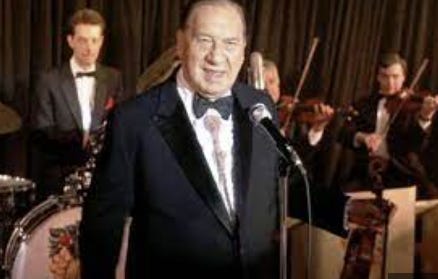
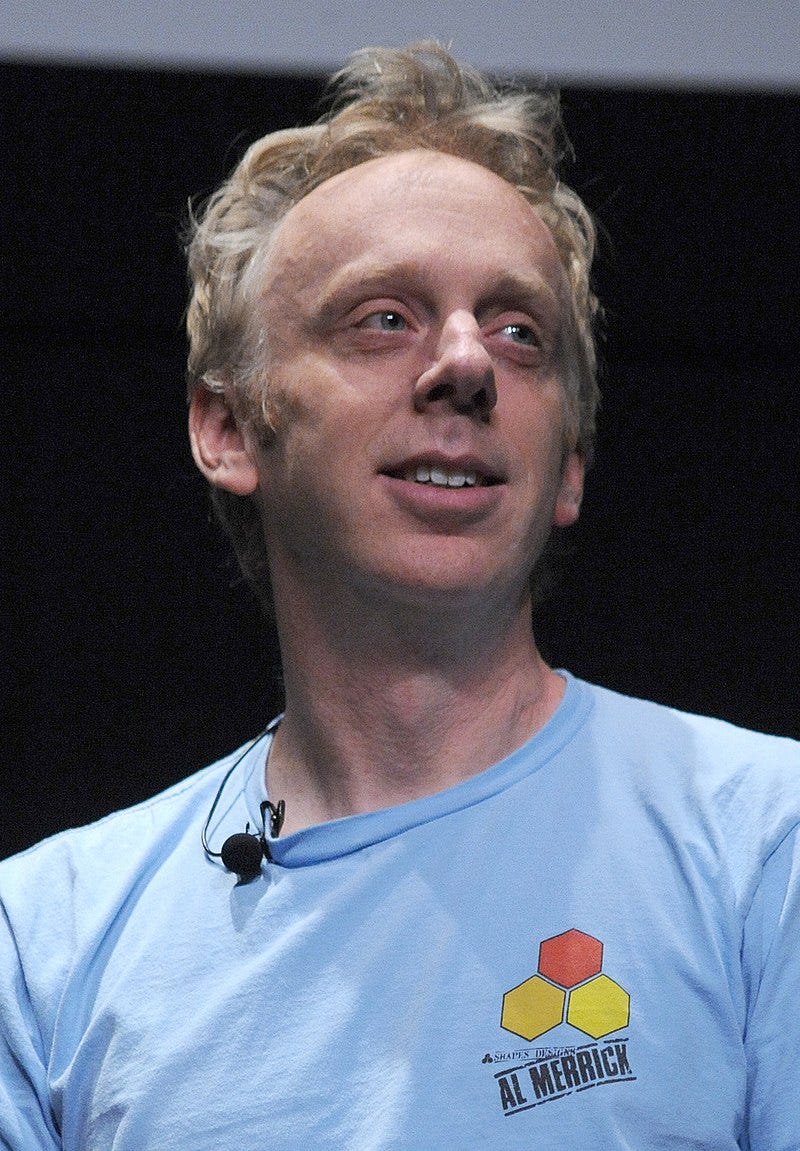

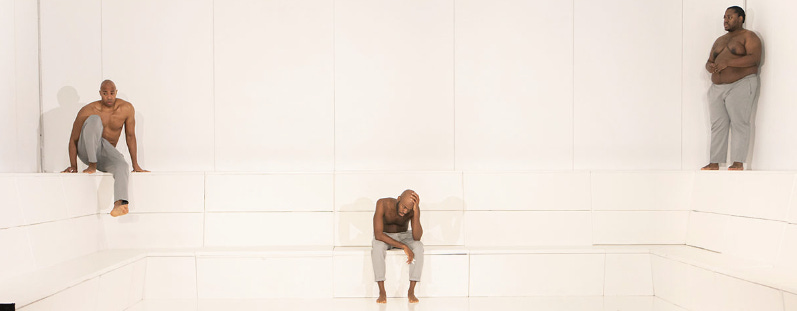

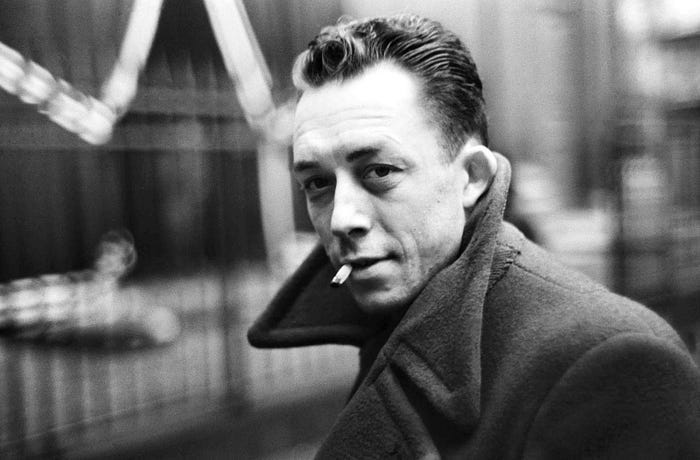

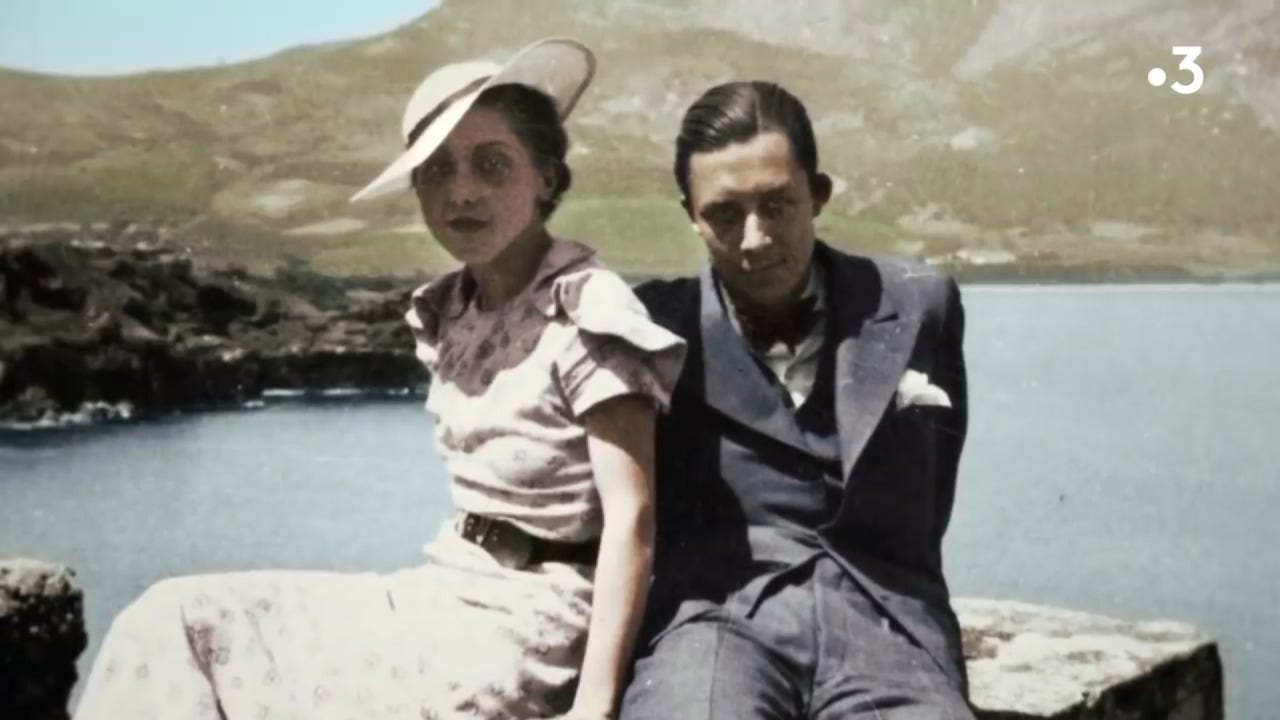
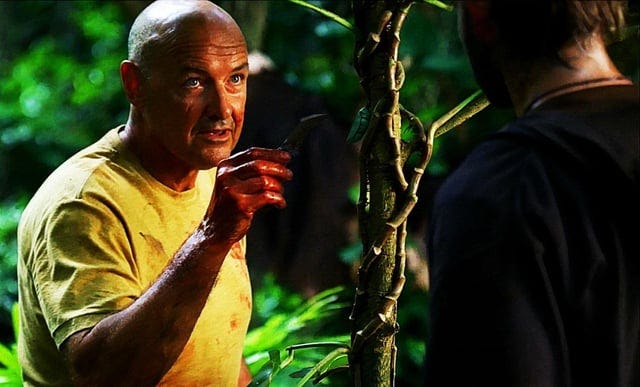


Love it. Also loved Lost, though John Locke turns out to be a total wackadoodle, so not sure about following his advise. Landing on Gurdjieff = good, but I'm with Alan Watts who is really coming from the old yogis. Consciousness (God) experiencing life through us, as us...so grief, another beautiful emotion, experienced the same way for anyone because no one like you X no like Karen = new creative experience that you are doing beautifully, writing-scrapbooking-researching, mining grief in this gorgeous way. Love it.
This is totally brill.